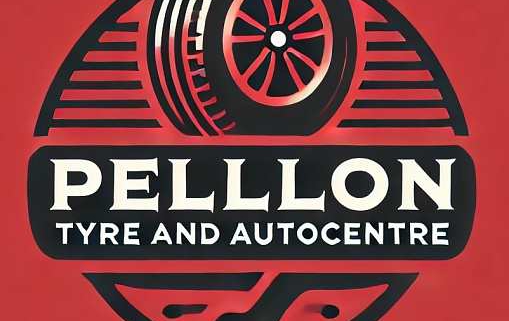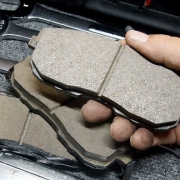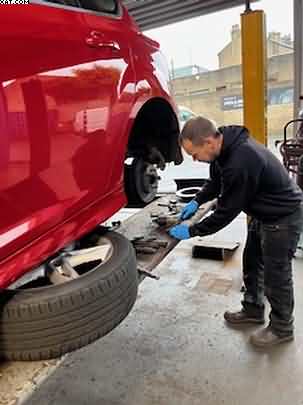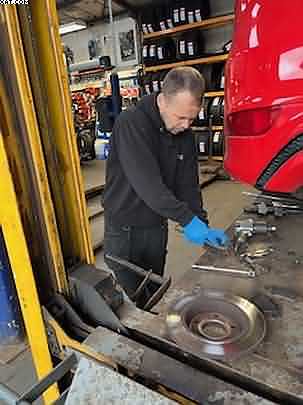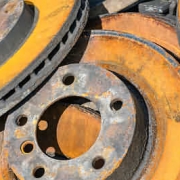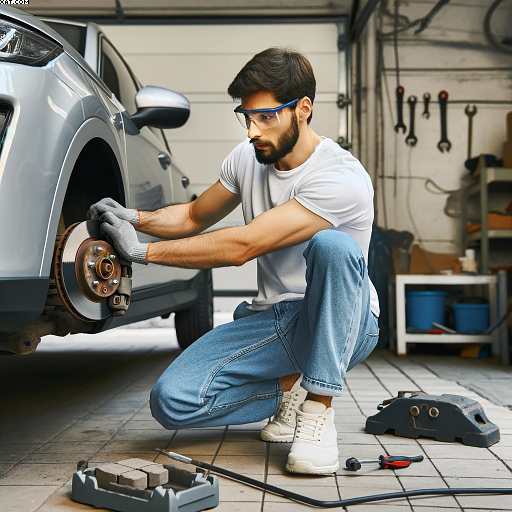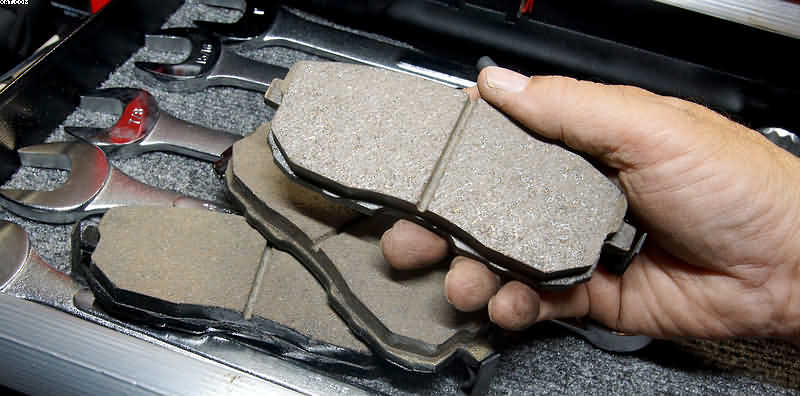Brake Juddering Causes: What is it?
Table of Contents
Brake Juddering Causes
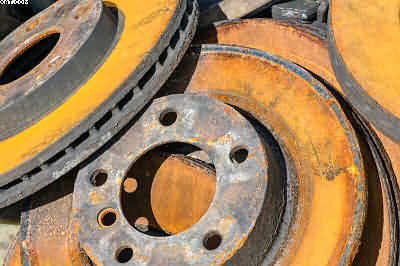
Brake Juddering Causes
Foot pedal vibrations lead to the brake juddering experience
So, one of the first signs of Brake Juddering Causes. Firstly, you can feel a vibration coming through your foot pedal. Secondly, when you press the clutch pedal,. So, brake and stop your car. Some of our customers say that it was a long drawn-out process. Eventually, though, the brake began to get worse. Including the vibrations starting to come through the steering wheel.
Unfortunately, some of our customers think
that the vibration is a wheel balancing problem! We also have to check out the problem with a correct diagnosis. However, a braking problem will usually come through the brake pedal. So then this is a sure sign of a brake problem.
Unfortunately, one of the main causes of brake jerks comes from elderly drivers. Significantly, they always cover the brake pedal with their right foot. This applies to manual gear changes or automatic; they are what I call “ride the brake” Some drivers also do this with the clutch, but that’s a different article to cover.
What happens if you ride the brake? Well, one of the problems is that you are applying extra pressure to the brake pads that are constantly in contact with the brake discs (brake rotors in the USA). These in turn heat the discs, and the discs then warp and go out of shape.
Brake juddering is a bigger problem in hilly areas
In my opinion, though, driver fault is not the main reason for warped brake discs. I think that the main cause is the terrain. We here in Halifax are in a hilly area, and we get a high occurrence of warped brake discs and brake juddering faults from our customers.
In areas where there are very steep inclines, drivers are more likely to keep their foot on the brakes. Some of the hills in the Hebden Bridge area are like alpine passes with 180-degree bends to contend with. When you come down these roads, you have to keep the car in low gear and be prepared for a vehicle coming up the hill without braking all the time.
This constant braking is what overheats the discs and causes them to warp and vibrate, giving your brake pedal. Some garages have a machine that will skim the brakes and stop the vibrating, but I think that once they have overheating, they do not work to their full potential, and a new set of pads and discs is the best option.
Improved brake technology-
Over the years, car manufacturers have brought in new technology to balance out the disc overheating problem and try to eliminate the brake jerks. Including different metals that can stand more heat and also the disc parts
that now come out with holes drilled in the metal at calculated intervals for heat dispersal. This can work very well; you can see brake discs actually glowing red hot on some motorsport cars when they have to brake very often at high speed; some can be seen to be glowing white hot in the dark.
This has the same effect as a regular car driven by a regular driver. So, try to avoid heavy braking, especially at high speed. Keep your distance, and try not to brake heavily. When you are driving down a steep hill, use a low gear and use the car’s engine as a brake. Try not to press the brake pedal constantly.
Have your brakes inspected at regular intervals
when the car is serviced. Of course, the garage will pick up any worn discs or pads. Importantly, we can even spot a disc that has been overheated in the past. Because the disc has a blue-colored sheen on it. Remember, like many other things to do with a car, prevention is better than cure.
Pellon Tyre and Auto-centre offer car and van servicing and Car Brake Repairs to all makes of vehicles.
